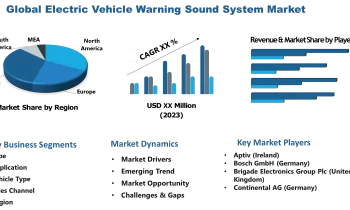
source: pixabay.com
Thursday was not a great day for North American jobs data. Both Canada and the US reported poor employment figures, just days after the release of poor UK unemployment data.
In Canada, 240,800 jobs were lost in September, extending a seven-month ‘losing’ streak which began in March this year.
Worryingly, for the Canadian labor market, August’s data was revised to show jobs fell by 770,600 as opposed to the 205,400 reported. The ADP report showed the decline in the Trade, Transportation & Utilities which saw a drop of 94,500 jobs, reflecting the impact of the coronavirus pandemic upon the service sector industries.
US Initial Jobless Claims Rises Unexpectedly
In the US, Initial Jobless Claims posted a surprise increase to 898,000 last week. The figures are the highest since August and escalate concerns over the health of the US labor market.
Last week’s figure was revised up from 840,000 to 845,000, whilst this week’s figures are far higher than the forecast decline to 825,000.
The 53,000 increase from the previous week was the sharpest increase recorded in seasonally-adjusted initial claims for two months. The weak and unexpected jobs data comes as the US, the world’s largest economy, tries to recover from mass redundancies caused by businesses shutting down due to the pandemic.
In total, more than 25 million Americans are currently receiving unemployment aid. Today’s poor jobs data also comes just weeks before the Presidential election. The news sent investors scurrying out of stocks, which, in the US, are heading for the second day of losses after opening in the red.
Underlining the concern over the US Jobs market was the news that the number of people receiving Pandemic Emergency Unemployment Compensation increased 818k the week of September 26th. It seems that since that scheme offers an additional 13 weeks of unemployment benefits, there simply has been a transfer over to a different type of benefit, underscoring the worrying state of US employment data recently.



